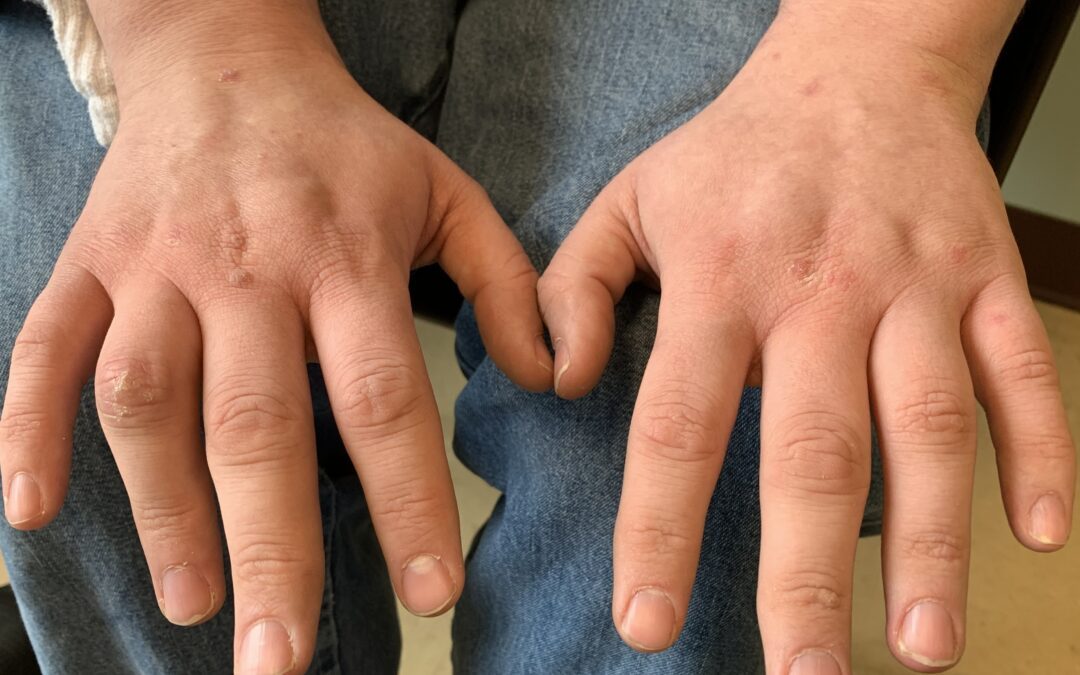The ARCTIC REWIND study explored the long-term effects of reducing and stopping tumor necrosis factor inhibitor (TNFi) treatment in patients with rheumatoid arthritis (RA) who were in sustained remission. The study involved randomly assigning patients who had been in remission for at least 12 months on stable TNFi therapy to either gradually stop the TNFi treatment or continue it unchanged. The primary focus was to see if patients experienced a disease activity flare over three years.
The study found that 25% of patients who tapered their TNFi remained free from flares, compared to 85% of those who continued their treatment. The risk of experiencing a flare was significantly higher in the tapering group. Most patients who did flare managed to get back into remission quickly after the flare. However, the tapering group had consistently lower rates of remission throughout the study and used more systemic glucocorticoids. Adverse events were common in both groups, but serious adverse events were more frequent in the tapering group.
In conclusion, the study showed that RA patients in remission who reduced their TNFi treatment were more likely to experience a disease flare within three years compared to those who maintained their treatment. These results suggest that tapering TNFi in patients with RA in sustained remission may not be advisable due to the higher risk of flares and reduced remission rates.

